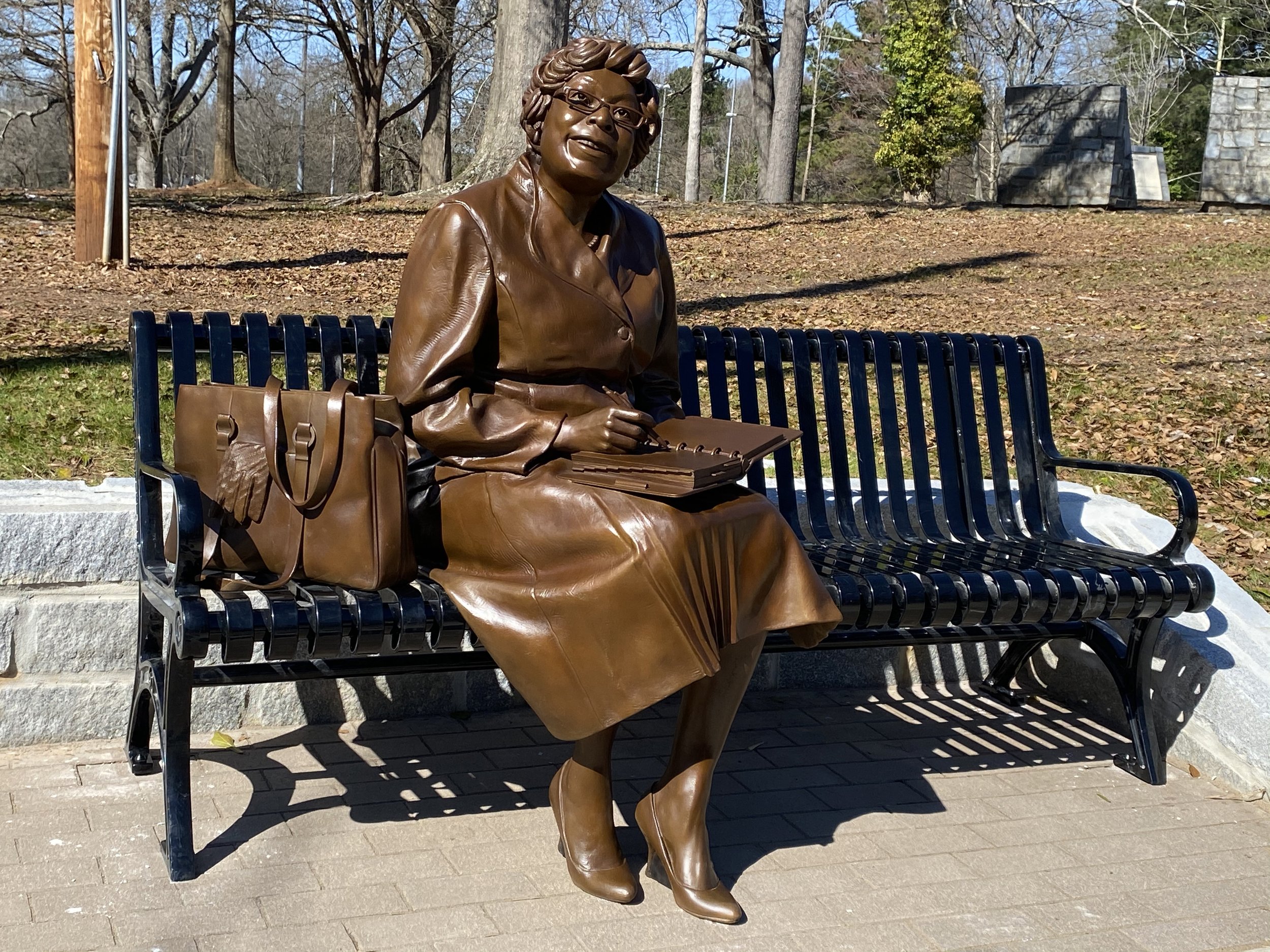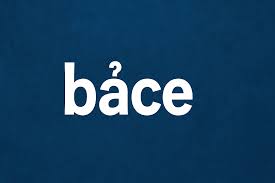
David Allan Clark LADC: A Comprehensive Overview of His Impact in Addiction Counseling
When discussing professionals in the field of addiction counseling, the name David Allan Clark LADC stands out as a beacon of dedication and expertise. The credential “LADC” stands for Licensed Alcohol and Drug Counselor, a professional designation awarded to individuals who have met stringent requirements to support those struggling with substance abuse and addiction.
This article will explore who David Allan Clark is, the significance of his work as an LADC, and why his contributions to addiction counseling matter in today’s health landscape. We’ll also discuss broader topics around addiction counseling, treatment strategies, and professional standards—all while keeping the content engaging and easy to digest.
Who is David Allan Clark, LADC?
David Allan Clark is a Licensed Alcohol and Drug Counselor with extensive experience in the mental health and addiction recovery space. While specific biographical details may vary depending on sources, what stands out is his commitment to improving client outcomes and advancing the field through continuous education, empathy, and evidence-based practices.
Key attributes of David Allan Clark, LADC:
- Professional Certification: As an LADC, Clark has undergone rigorous training and passed examinations to demonstrate his proficiency in addiction counseling.
- Client-Centered Approach: He focuses on individual client needs, tailoring treatment plans to support sustainable recovery.
- Community Involvement: His work often extends beyond one-on-one counseling to community education and advocacy.
- Ongoing Education: Staying current with the latest research in addiction and behavioral health is a hallmark of his practice.
Understanding the LADC Credential
Before diving deeper into David Allan Clark’s contributions, it’s important to understand the significance of the Licensed Alcohol and Drug Counselor (LADC) credential. This certification is a recognized standard for professionals who provide addiction counseling services.
What Does It Take to Become an LADC?
- Education: Candidates typically need at least a bachelor’s degree in psychology, social work, or a related field.
- Training Hours: Extensive supervised clinical hours are required, often ranging from 2,000 to 4,000 hours.
- Examinations: Candidates must pass national or state-level certification exams.
- Continuing Education: Maintaining LADC status involves ongoing training to stay updated on best practices.
Why the LADC Credential Matters
- Credibility: It signals to clients and employers that the counselor is competent and ethical.
- Quality of Care: Ensures that counselors use evidence-based methods.
- Legal Recognition: In many states, LADCs are recognized and regulated by state health departments or professional boards.
David Allan Clark’s Approach to Addiction Counseling
One reason David Allan Clark LADC is respected in his field is his comprehensive and compassionate approach to treatment. Addiction is complex, and no one-size-fits-all solution works for everyone.
Principles Guiding His Practice
- Holistic Care: Addressing not just substance use, but mental, emotional, and social factors.
- Client Empowerment: Encouraging individuals to take an active role in their recovery.
- Relapse Prevention: Equipping clients with tools and strategies to maintain sobriety.
- Family Involvement: Recognizing the role families play in recovery and integrating them into counseling where appropriate.
The Role of Evidence-Based Treatment in Clark’s Work
In addiction counseling, using treatments backed by research improves success rates dramatically. David Allan Clark LADC integrates evidence-based methods to create effective programs.
Some key approaches include:
- Cognitive Behavioral Therapy (CBT): Helping clients identify and change destructive thought patterns.
- Motivational Interviewing: Encouraging clients to find their own reasons to pursue recovery.
- 12-Step Facilitation: Connecting clients with peer support groups such as Alcoholics Anonymous.
- Medication-Assisted Treatment (MAT): Using medications when appropriate to manage withdrawal and cravings.
Challenges Faced by Addiction Counselors Like David Allan Clark
Being an addiction counselor is rewarding but also filled with challenges:
- Dealing with Stigma: Addiction still carries societal stigma, which can affect client engagement.
- High Emotional Toll: Counselors often face burnout from the emotional weight of their work.
- Complex Client Needs: Many clients present with co-occurring mental health disorders.
- Resource Limitations: Access to treatment resources varies widely, especially in rural or underserved areas.
Despite these hurdles, professionals like David Allan Clark demonstrate resilience and commitment, showing how crucial dedicated counselors are to the recovery ecosystem.
Impact of Addiction Counseling on Society
The work of LADCs, including David Allan Clark, extends beyond individual clients. Their efforts contribute significantly to societal well-being.
Social Benefits of Effective Addiction Counseling
- Reduced Crime Rates: Substance abuse is often linked to criminal behavior; treatment reduces recidivism.
- Improved Public Health: Counseling helps prevent overdose deaths and communicable diseases.
- Economic Gains: Recovery supports employment and reduces healthcare costs.
- Strengthened Families: Healing addiction can restore family relationships and community ties.
Why David Allan Clark’s Work Matters Now More Than Ever
The opioid epidemic and increasing rates of substance use disorders underscore the need for skilled addiction counselors. David Allan Clark LADC represents a vital part of the healthcare workforce responding to this crisis.
- Adapting to New Challenges: Including emerging drugs, changing demographics, and telehealth.
- Promoting Preventative Care: Early intervention strategies that can stop addiction before it worsens.
- Advocacy and Education: Helping to change public perceptions and policy for better support systems.
Bullet Point Summary: David Allan Clark LADC at a Glance
- Licensed Alcohol and Drug Counselor with strong professional credentials.
- Focuses on holistic, client-centered addiction treatment.
- Utilizes evidence-based therapies like CBT, motivational interviewing, and MAT.
- Advocates for family involvement and community support in recovery.
- Overcomes challenges like stigma and emotional burnout through resilience.
- Contributes to public health improvements and social stability.
- Continually updates skills to meet evolving addiction treatment needs.
Addiction Counseling Best Practices: Lessons From David Allan Clark
Drawing inspiration from professionals like Clark, here are some best practices for addiction counselors and those interested in the field:
1. Build Trust and Rapport
Establishing a safe and non-judgmental environment is crucial for clients to open up.
2. Individualize Treatment Plans
Each client’s journey is unique; customized approaches yield better results.
3. Use a Multidisciplinary Approach
Collaborate with medical professionals, social workers, and peer support groups.
4. Emphasize Relapse Prevention
Equip clients with coping skills and create ongoing support structures.
5. Stay Educated
Keep learning about new therapies, substances, and cultural considerations.
The Future of Addiction Counseling: Insights Inspired by David Allan Clark
As addiction treatment evolves, professionals like David Allan Clark LADC continue to adapt and innovate. Some promising trends include:
- Technology Integration: Teletherapy, apps, and digital support tools increase access.
- Personalized Medicine: Genetic and biomarker research helps tailor treatments.
- Trauma-Informed Care: Recognizing the link between trauma and addiction.
- Policy Reforms: Advocating for decriminalization and expanded treatment funding.
By staying at the forefront of these changes, counselors ensure their clients receive the best possible care.
Final Thoughts: The Lasting Influence of David Allan Clark LADC
While the addiction counseling field is broad and diverse, individuals like David Allan Clark serve as exemplars of professionalism, compassion, and dedication. His work as an LADC reminds us that recovery is possible and that the right support can transform lives.
In a world grappling with addiction challenges, counselors are more important than ever. Their efforts ripple outward, helping individuals reclaim their health, restoring families, and improving communities.
If you or someone you know is facing addiction, remember the vital role counselors like David Allan Clark LADC play—and consider reaching out for professional support.


